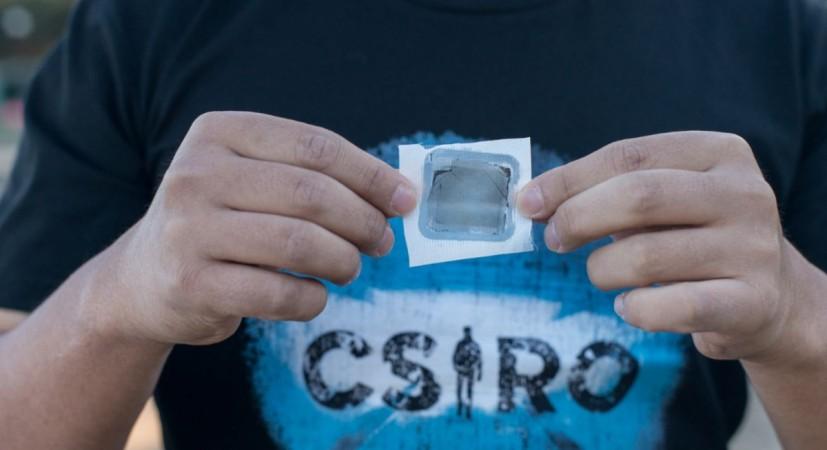
Researchers at the Commonwealth Scientific and Industrial Research Organisation (CSIRO), an independent agency of the Australian government, have developed a thin biofilm filter from graphene that can purify water in one step.
For those unaware, graphene, a form of carbon, is the strongest material on Earth and also a great conductor of heat and electricity, but strangely, is water-repellant by nature.
Then, how did graphene end up in a water filter?
Well, after extensive research and improvisation, scientists at CSIRO were able to create a thin translucent film, dubbed the 'Graphair,' with microscopic nano-channels that lets water pass through it, but impedes pollutants with great efficiency.
Scientists conducted a test at the Sydney Harbour seashore using normal filter, but the membrane's filtration rate steeply declined to 50% within 72 hours, but with the addition of the Graphair film, the filtration rate reached 99%.
To corroborate the results, researchers from the Queensland University of Technology (QUT), the University of Sydney, the University of Technology Sydney (UTS), and the Victoria University were invited to analyze the water purification qualities of Graphair and it is reported to have lived to up to the expectations.
The most interesting aspect of this graphene filter is that it need not be cleaned of residual pollutants on the membrane's surface after every filtration process and yet, maintains high filtration efficiency.
The graphene-based filter consists of Graphair film, soyabean-based oil and a simple water pump, which makes it more economical and faster to purify the water.
Comparatively, with current methods, the filters get clogged overtime with residual chemicals and oil-based pollutants and block water from passing through the filter and also emanate foul smell. This usually needs expensive maintenance, without which they cannot be reused again.
Every year, hundred thousands, if not millions around the world die or get infected with diseases due to contaminated water. According to a study, cited by CSIRO, more than 2.1 billion people, or a third of world's total population, are deprived of access to safe drinking water.The wonder Graphair filter technology holds out hope for people in economically weaker regions.
CSIRO scientists are in talks with various firms to scale up and commence field trials of the filter in early 2019. They also have plans to improve the Graphair filters to treat larger water bodies polluted by industrial effluents.

















